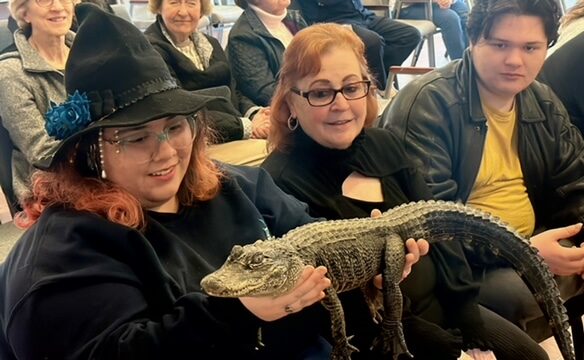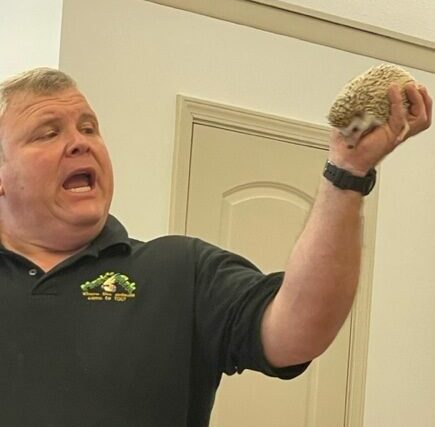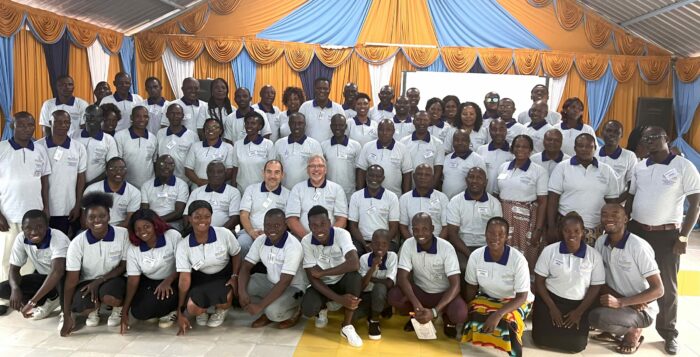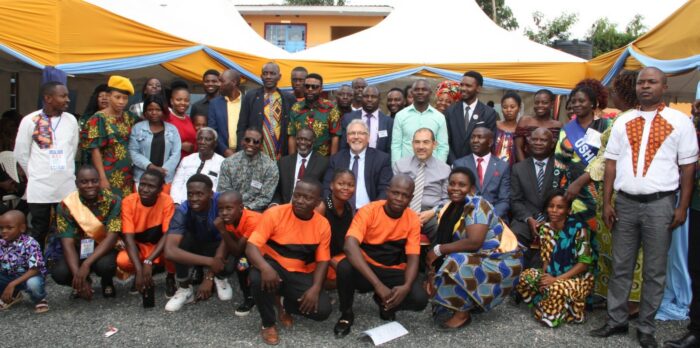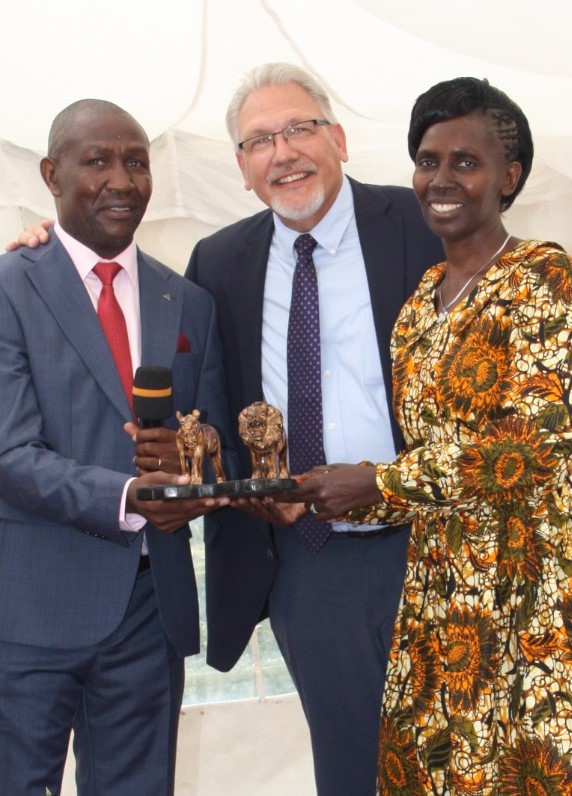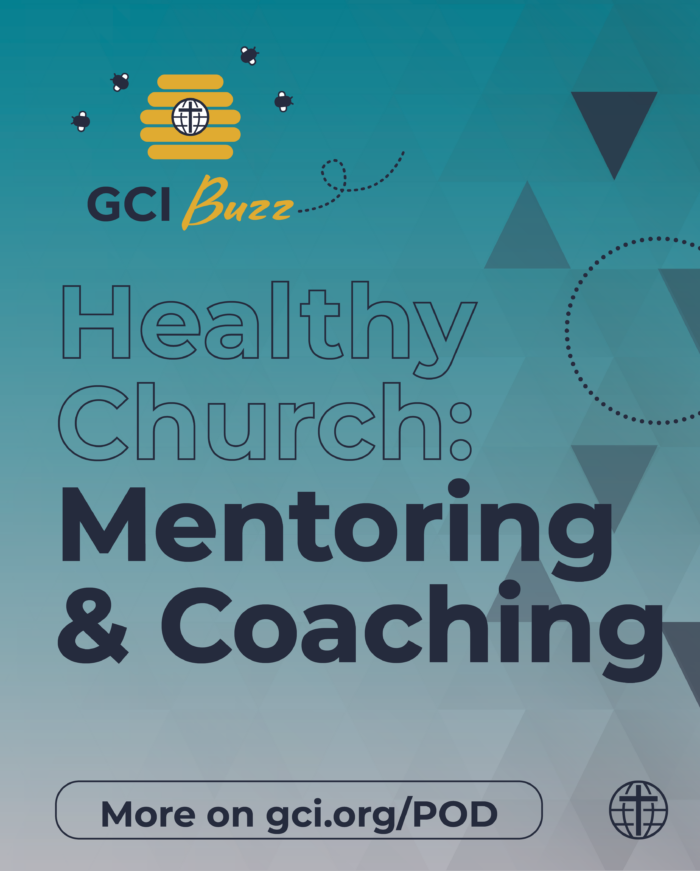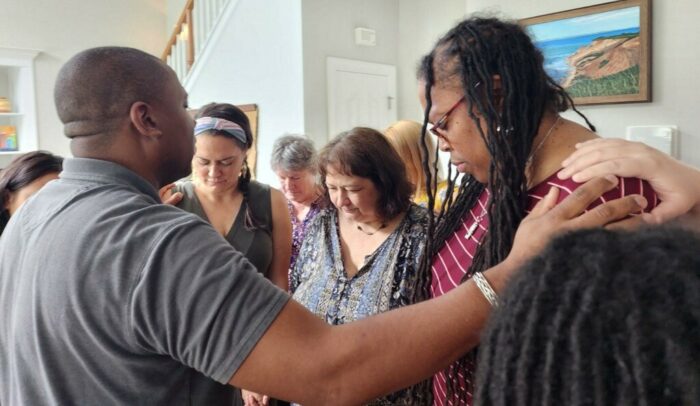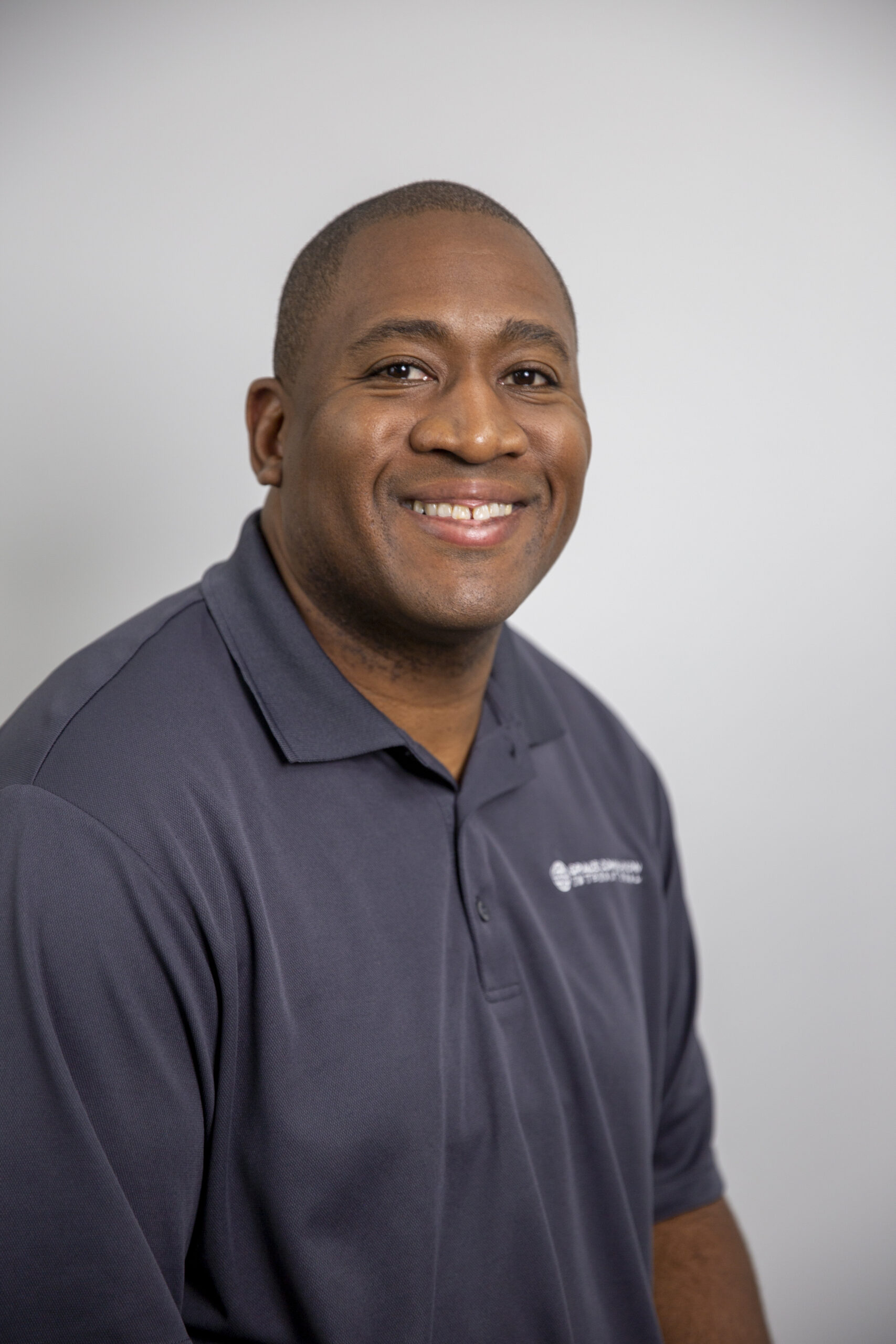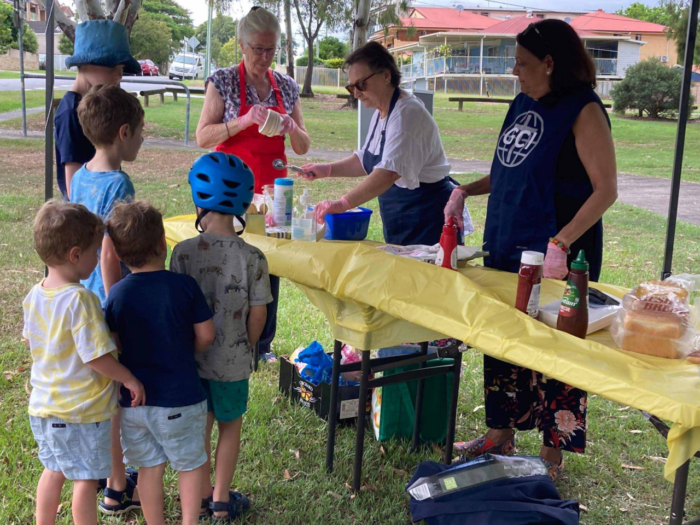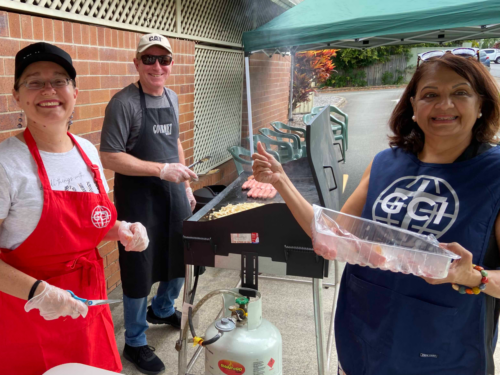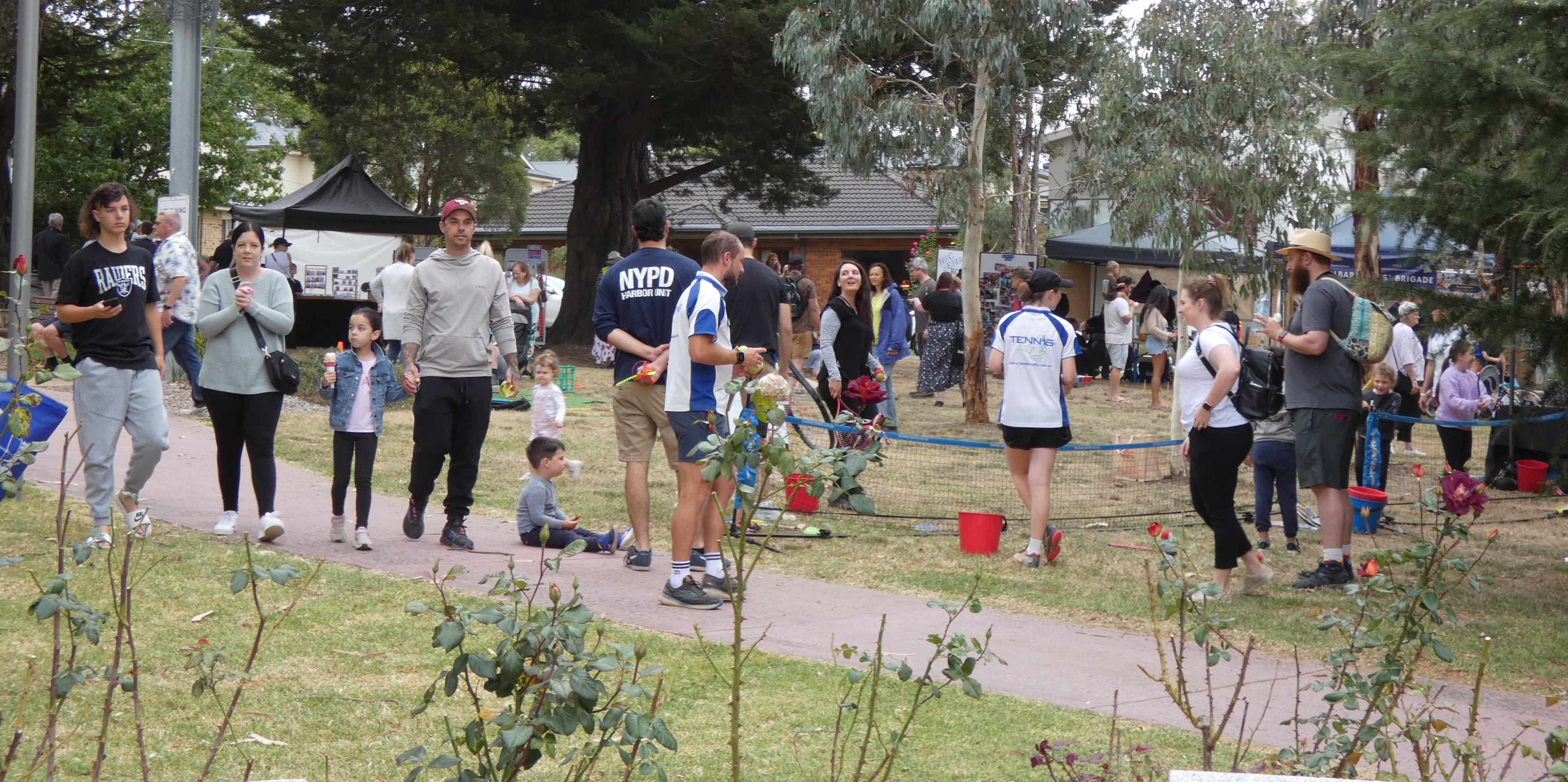Editor’s Note: For our Ordinary Time Devotional series, you will be hearing entirely from young authors. They will be sharing their perspectives on the theme, “God is in the streets.” Enjoy reading how the next generation of emerging GCI leaders experiences God outside the walls of the Sunday church gathering.
Yet God has made everything beautiful for its own time. He has planted eternity in the human heart, but even so, people cannot see the whole scope of God’s work from beginning to end. Ecclesiastes 3:11 NLT
As someone who does not have a driver’s license yet, I am forced to walk or take public transportation. This includes times of waiting—for the bus, for the next stop, and for fellow travelers to get on or off. I am a person who does not like waiting and gets annoyed by the time wasted. In my hurry and frustration, I fail to appreciate what’s in front of me.
I wonder if we have the same approach to God’s timing. We have been so used to fast-paced living that we forget our God is not in a hurry. Our Savior entered the world as a baby. He could have saved us in a second, but he waited twelve years to even start his ministry (Luke 2:49). We also see in creation how God makes beautiful things in his time through seasons, towering trees that were once a seed, and mountains formed by the slow movement of tectonic plates.
May we remember that our God is working in every moment, even those that feel futile. May we surrender to our God who holds everything together when we don’t see what’s ahead of us. Lastly, may we be present to a God who is already present with us.
Prayer: Father, Jesus, and Spirit, we thank you that you are with us. Every breath we take is a gift from you and a reminder of your involvement in our lives. Lead us to be still and know that you are at work. Guide us to rest in you so that we may enjoy your presence as you do with us. Amen.




